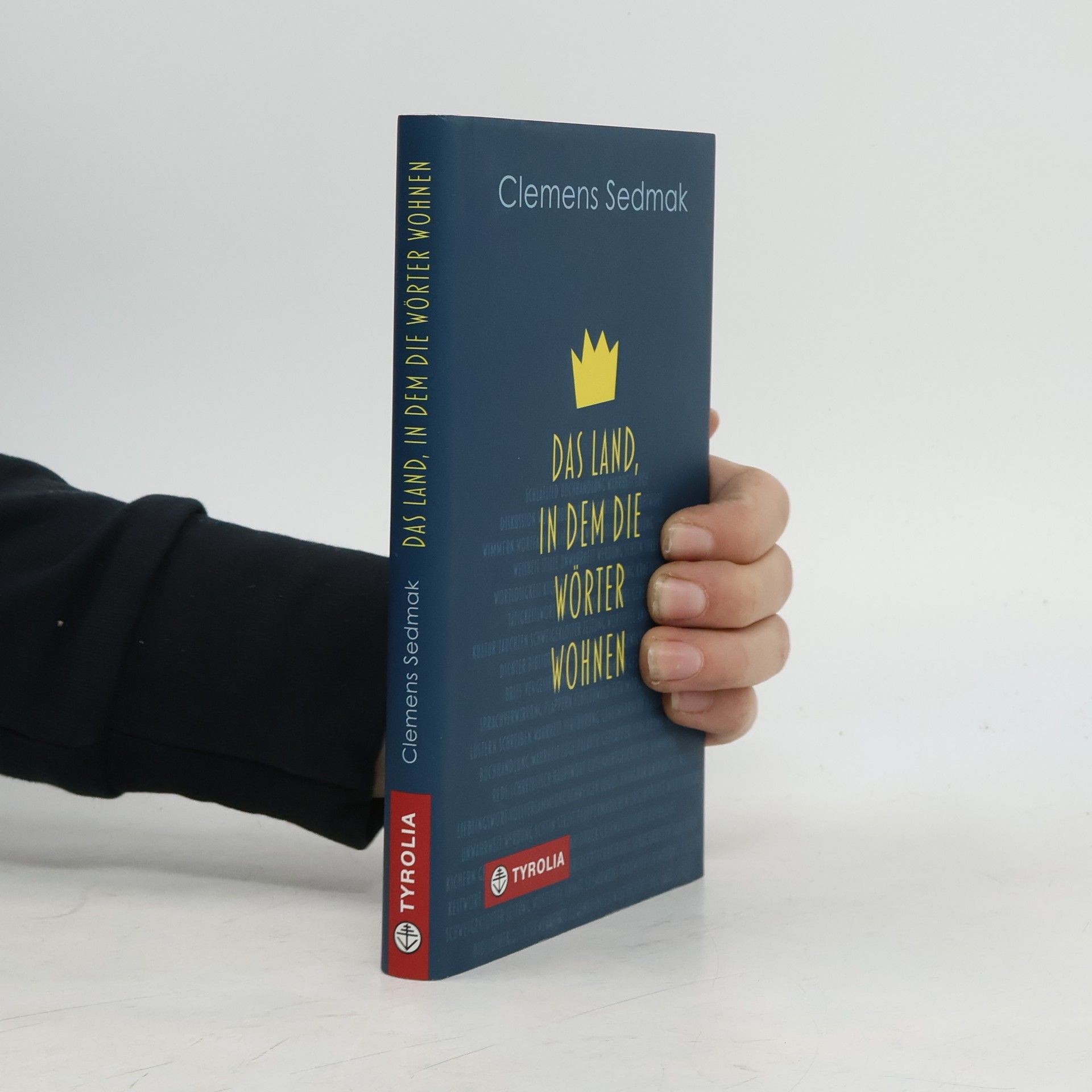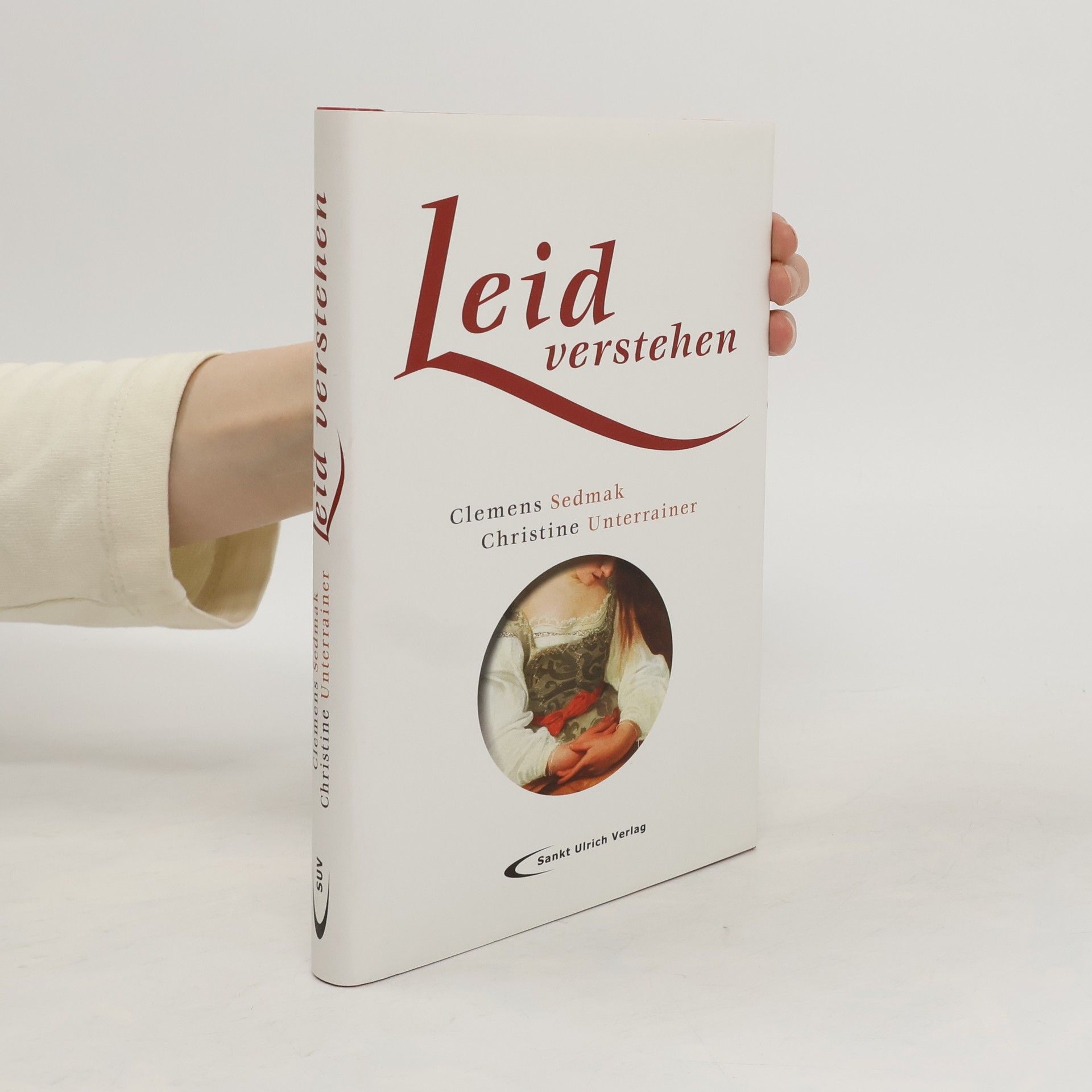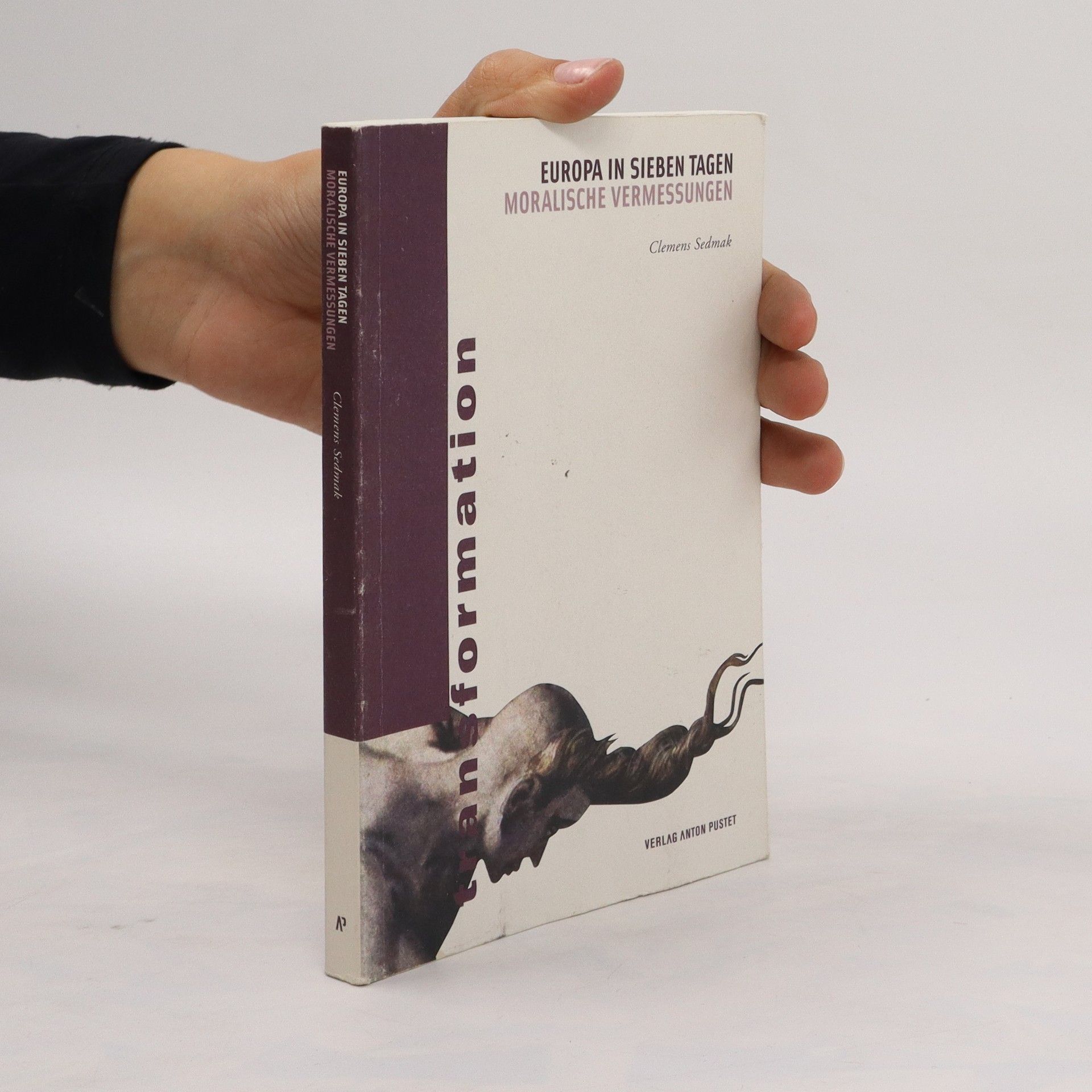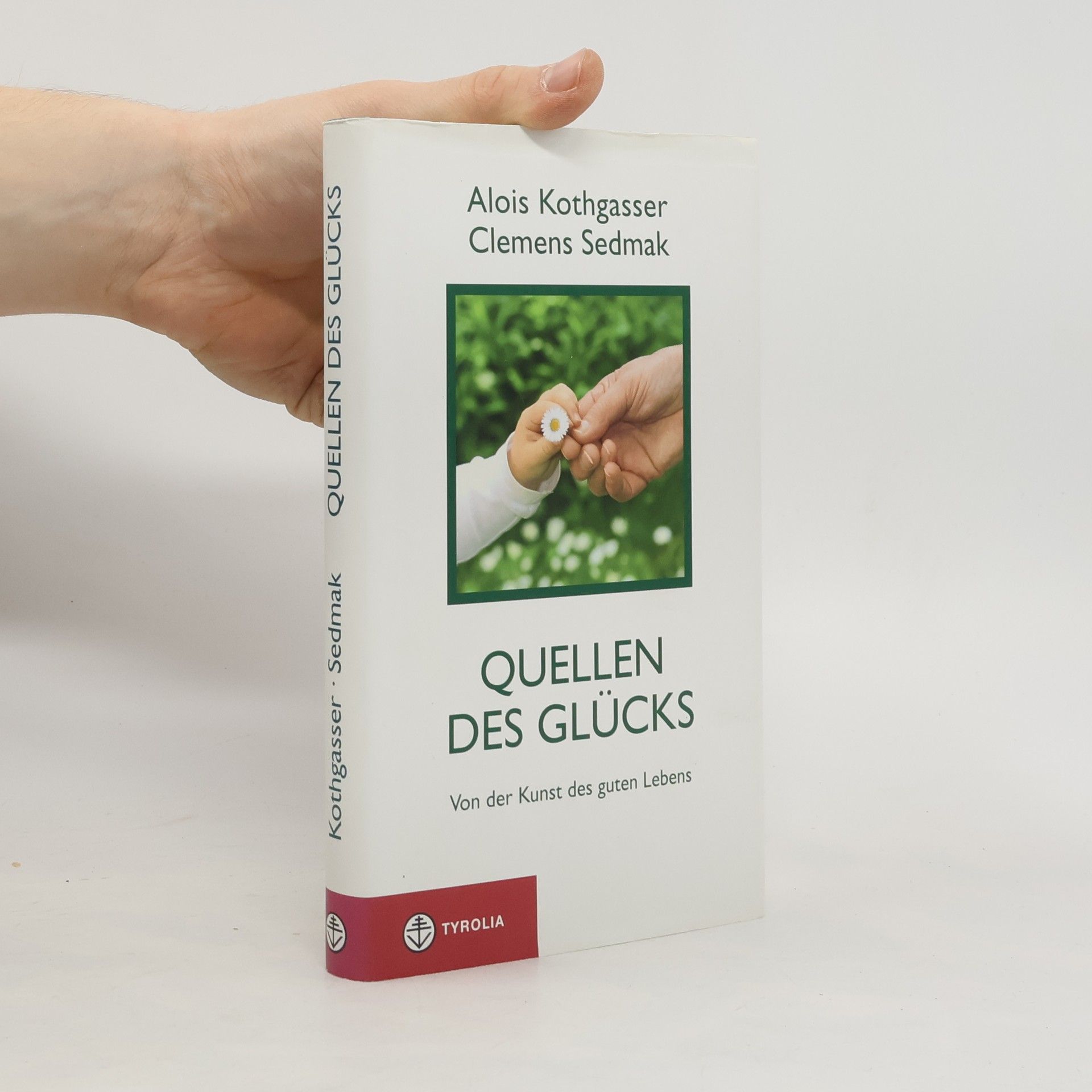Studies in Global Justice: Ethical Issues in Poverty Alleviation
- 288pages
- 11 heures de lecture
This book delves into the philosophical and ethical dimensions of poverty alleviation measures, linking them to broader discussions on social and global justice. It investigates what an ethical perspective can contribute to the prevailing economic and political approaches to poverty alleviation. Organized into four sections, the volume addresses key concerns: the interplay between human rights and poverty alleviation, the relationship between development and poverty, poverty in affluent nations, and individual responsibilities toward global poverty. Featuring essays from an international array of scholars, the collection tackles essential issues such as the significance of human rights, the connection between development aid and poverty reduction, and the dynamics of poverty in wealthy countries, particularly in Europe. The authors also examine the balance between individual and collective obligations to combat poverty. This compilation is a valuable addition to the growing discourse on poverty and inequality, notably for its focus on the ethical implications of poverty alleviation. It raises critical questions about the ethical merits of various forms of poverty and the responsibilities of different agents in addressing these challenges. While the editors acknowledge that the volume is not exhaustive, the essays encourage readers to seek innovative and reasonable solutions to pressing issues surrounding poverty.








